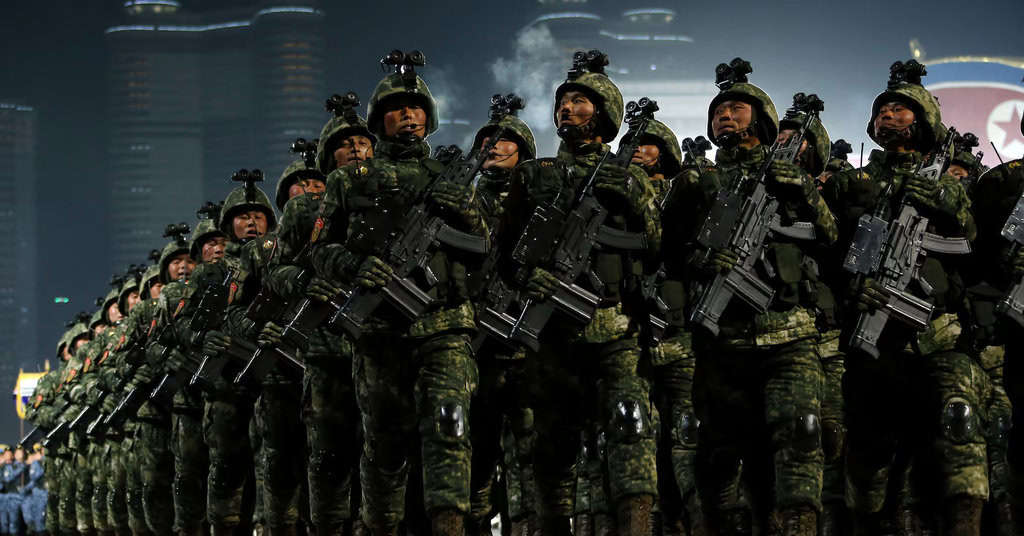China’s influence in Africa has become increasingly multifaceted, characterized by a blend of strategic aid and pointed pressure. Recent developments illustrate this dual approach as China deepens its engagement with Mozambique and applies diplomatic pressure on Eswatini.
China’s Growing Role in Mozambique’s Security Landscape
In a significant move during the China-Africa Forum on Cooperation, Mozambican President Filipe Nyusi hinted at a new phase of military collaboration with China. Following a six-day working visit to Beijing from September 4th to 6th, President Nyusi revealed that China might soon play a crucial role in training Mozambique’s military personnel. This potential partnership aims to bolster the fight against insurgents in the Cabo Delgado province, a region plagued by persistent terrorist activity since 2017.
The Context of Cabo Delgado’s Crisis
The security situation in Cabo Delgado has attracted international attention. The European Union has already trained 1,650 Mozambican troops, with their mission extending to 2026. In addition, Rwandan forces, alongside the Southern African Development Community’s (SADC) mission, have been instrumental in countering the local insurgency, including the ISIS-affiliated Ansar al-Sunna, commonly referred to as al-Shabab. Although the SAMIM forces concluded their mission in July 2024, Tanzanian troops have remained to continue counter-insurgency operations.
China’s Strategic Involvement
President Nyusi’s recent statements suggest that China is preparing to offer additional military training, with a focus on enhancing Mozambique’s maritime security. This move is expected to further solidify China’s strategic footprint in the region. While specific details of the proposed collaboration are still under wraps, Mozambique’s government anticipates that Chinese support will significantly aid in countering both terrorism and drug trafficking in the volatile region.
Diplomatic Pressure on Eswatini
On a different front, China is intensifying its diplomatic pressure on Eswatini, the sole African nation that maintains official relations with Taiwan. This stance became particularly evident during the 2024 Forum on China-Africa Cooperation summit, held in Beijing, where Eswatini was notably absent.
China’s Diplomatic Maneuvering
Chinese Foreign Ministry spokesperson Mao Ning urged Eswatini to reconsider its diplomatic stance, emphasizing that aligning with Taiwan is against China’s interests. The Chinese government views Taiwan as a breakaway province and remains resolute in preventing any diplomatic recognition of Taiwan by sovereign states.
This diplomatic pressure coincided with broader geopolitical maneuvers, including recent allegations involving a former aide to the governor of New York. The aide, Linda Sun, and her husband face accusations of acting as covert agents for Beijing, further highlighting the lengths to which China will go to influence global affairs.
China’s Expanding Influence
China’s strategy in Africa reflects a complex blend of aid and pressure, designed to consolidate its influence across the continent. While the potential military training deal with Mozambique could enhance security and stability in Cabo Delgado, Beijing’s diplomatic assertiveness toward Eswatini underscores its broader geopolitical objectives. As China continues to navigate its relationships in Africa, the impact of its dual approach will likely shape the region’s political and security landscape in the years to come.





